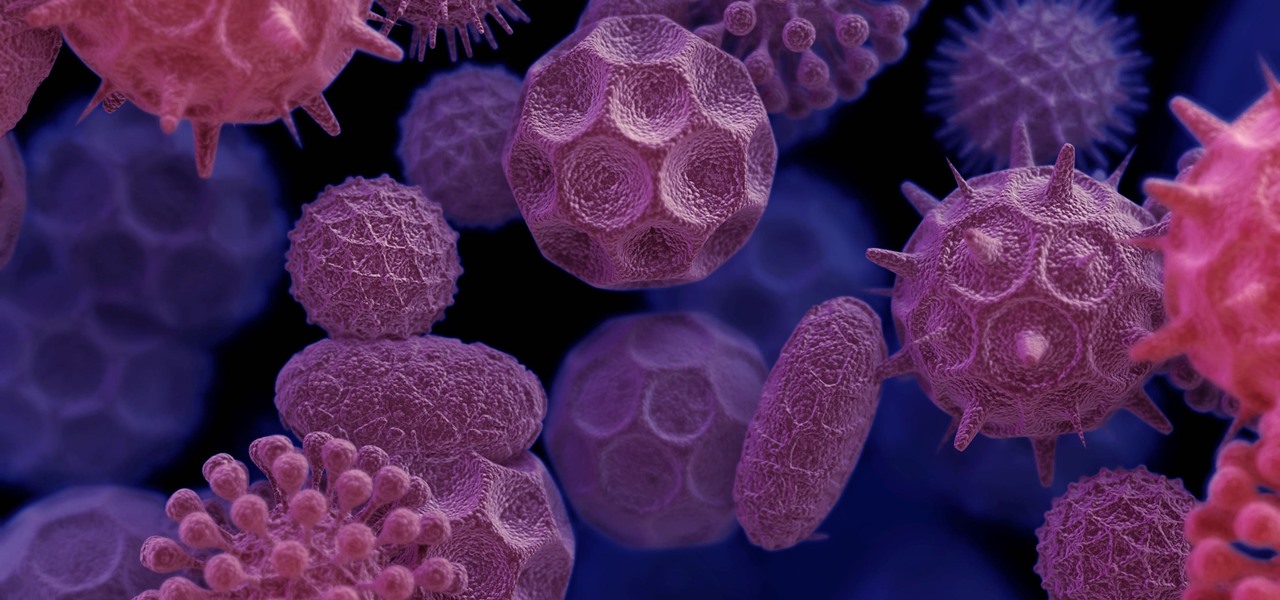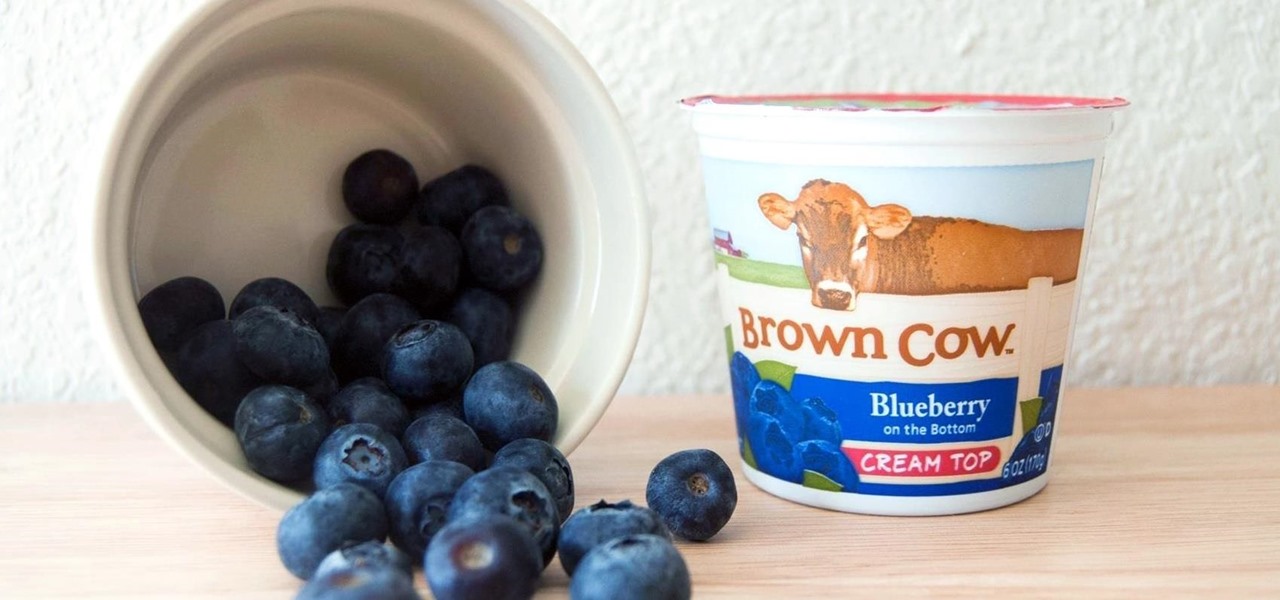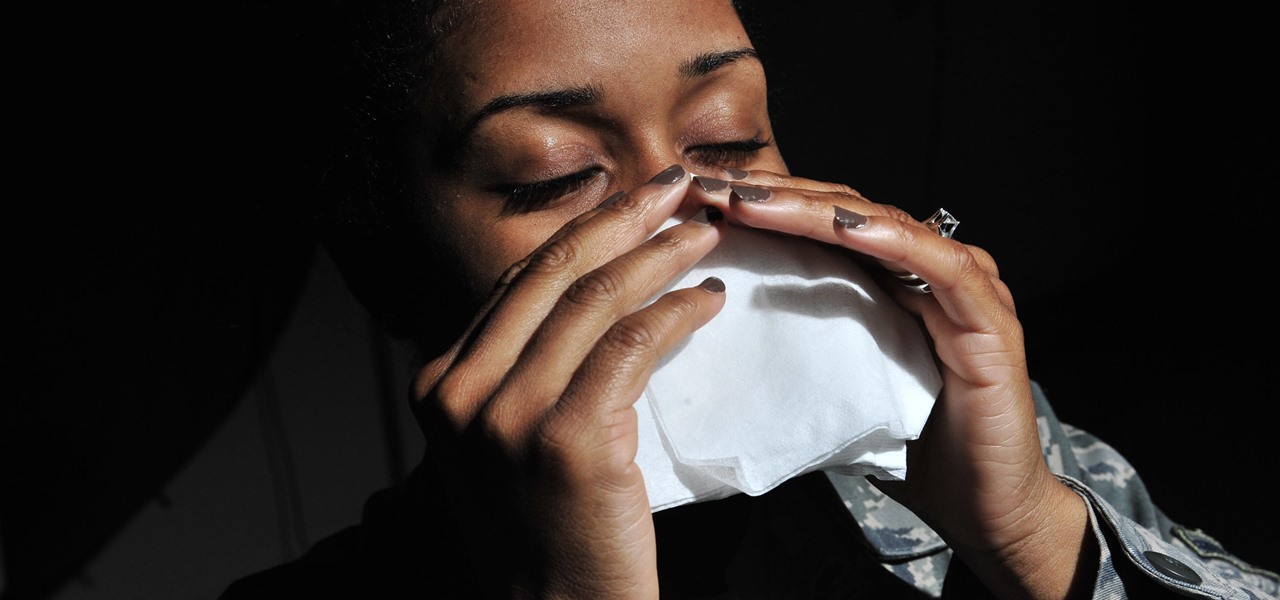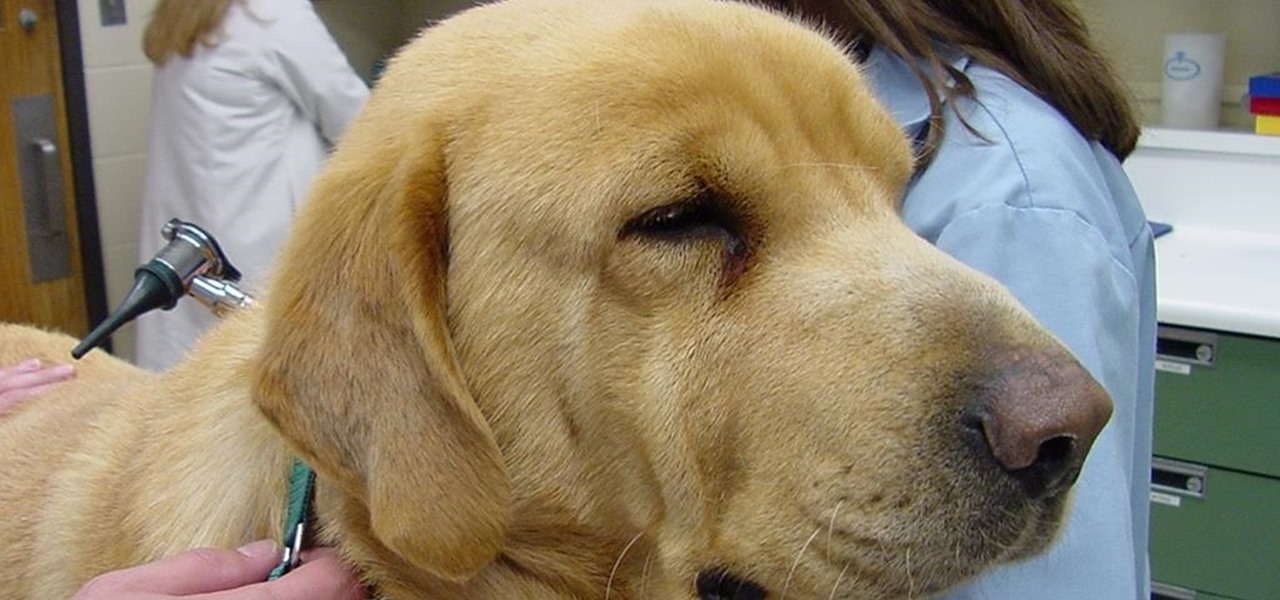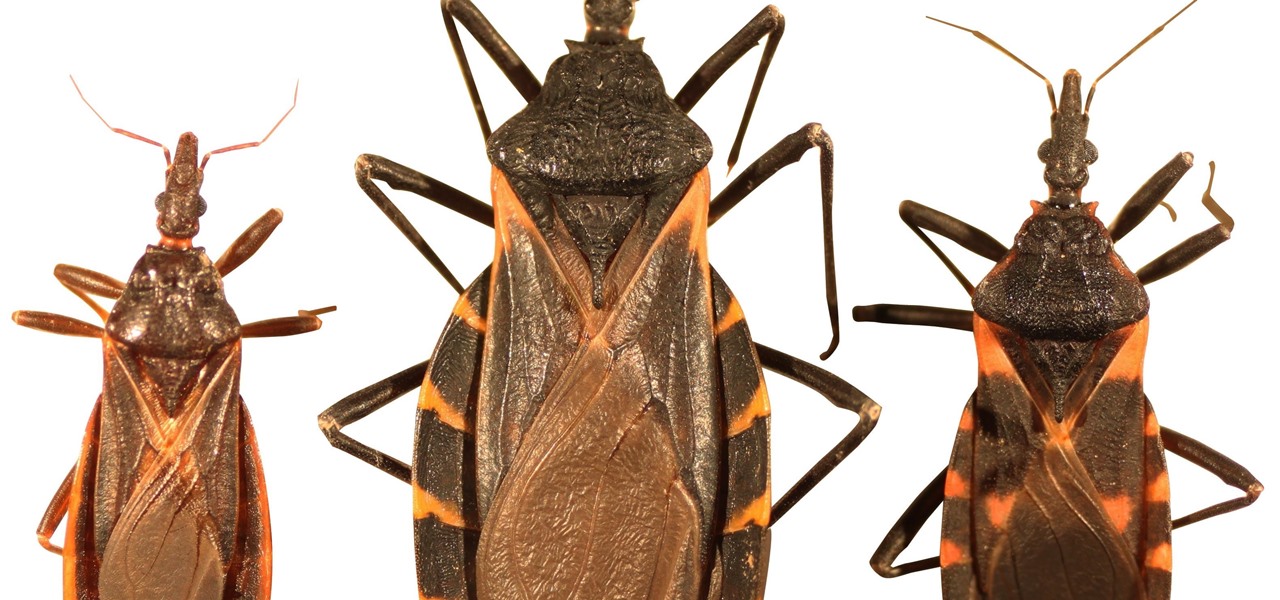Hot Invisiverse Posts

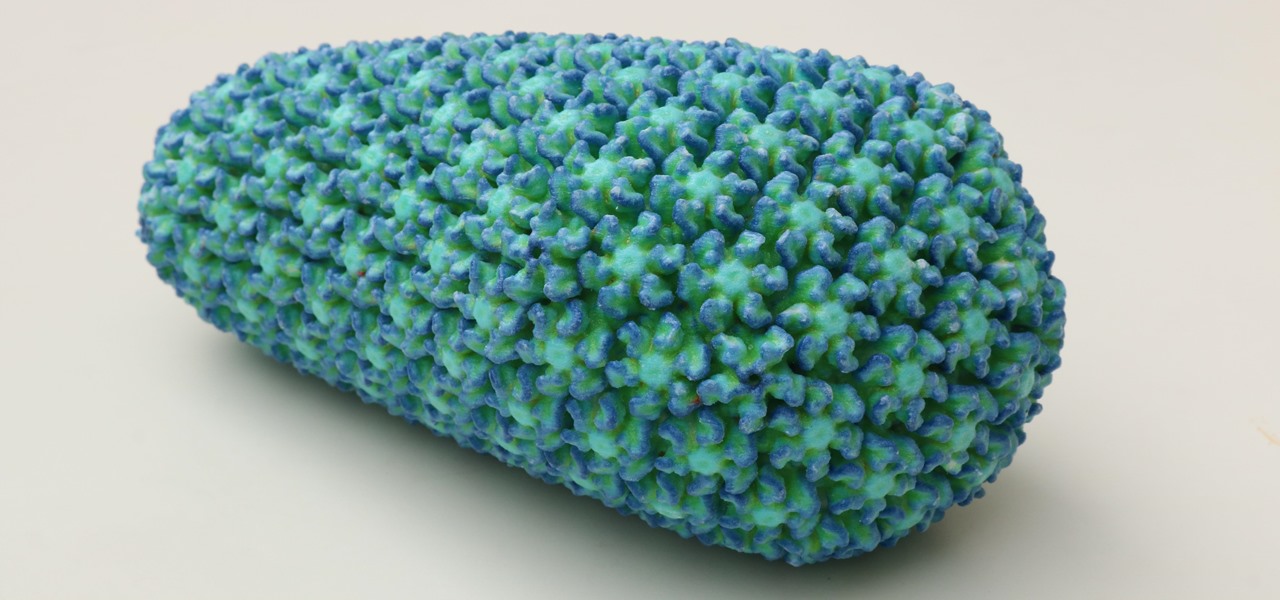
News: Supercomputer Visualization Shows 1.2 Microseconds in the Life of a 4-Million-Atom HIV Capsid
While some researchers look for drugs to treat HIV, other scientists delve deep into the virus itself for answers on how it causes infections.
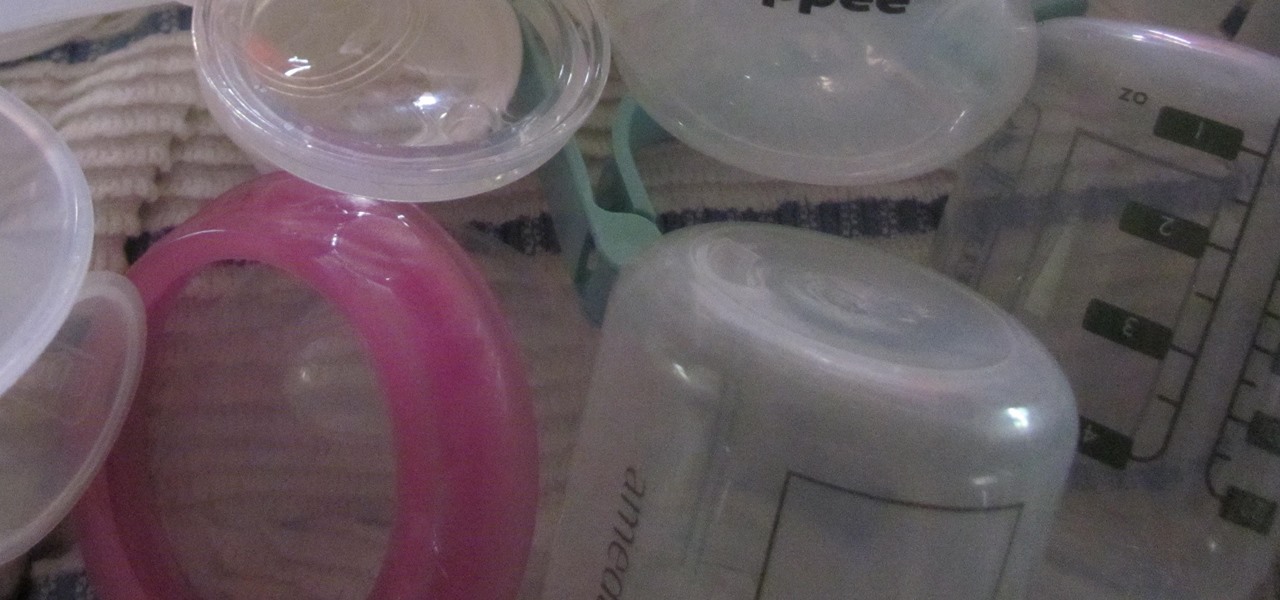
News: Contaminated Breast Milk Devices Lead to Devastating Infant Injury
Foodborne infections often occur through the contamination of equipment, food-prep tools, and unsanitary surfaces. A recent report from the Centers for Disease Control and Prevention (CDC) reminds us that breast pump parts are part of the food-delivery chain — and they can become contaminated too.
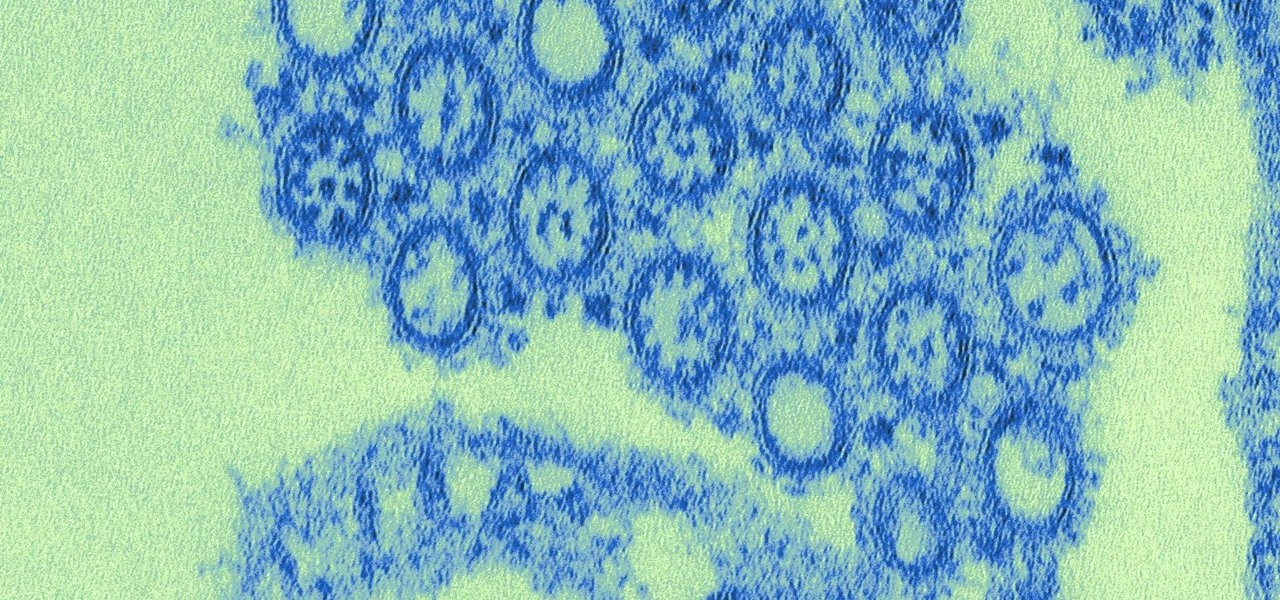
News: Swine Flu Linked to Parkinson's Like Brain Changes
Growing evidence suggests that neurodegenerative diseases like Parkinson's may develop in part due to environmental factors, including infections that can cause inflammation in the nervous system. New research from investigators from Jude Children's Research Hospital and Thomas Jefferson University has strengthened that connection.

News: Google's Verily Trying to Debug Fresno with Bacteria-Treated Mosquitoes
For a company more associated with debugging computer programs, Google's parent company, Alphabet, is making a name for itself by taking on the real thing — mosquitoes.

News: How Horseshoe Crabs Are Saving Us from Healthcare-Associated Infections
During the millions of years they've been on earth horseshoe crabs have developed a trick that can save our lives even now — and may be especially useful in the fight against healthcare-associated infections.
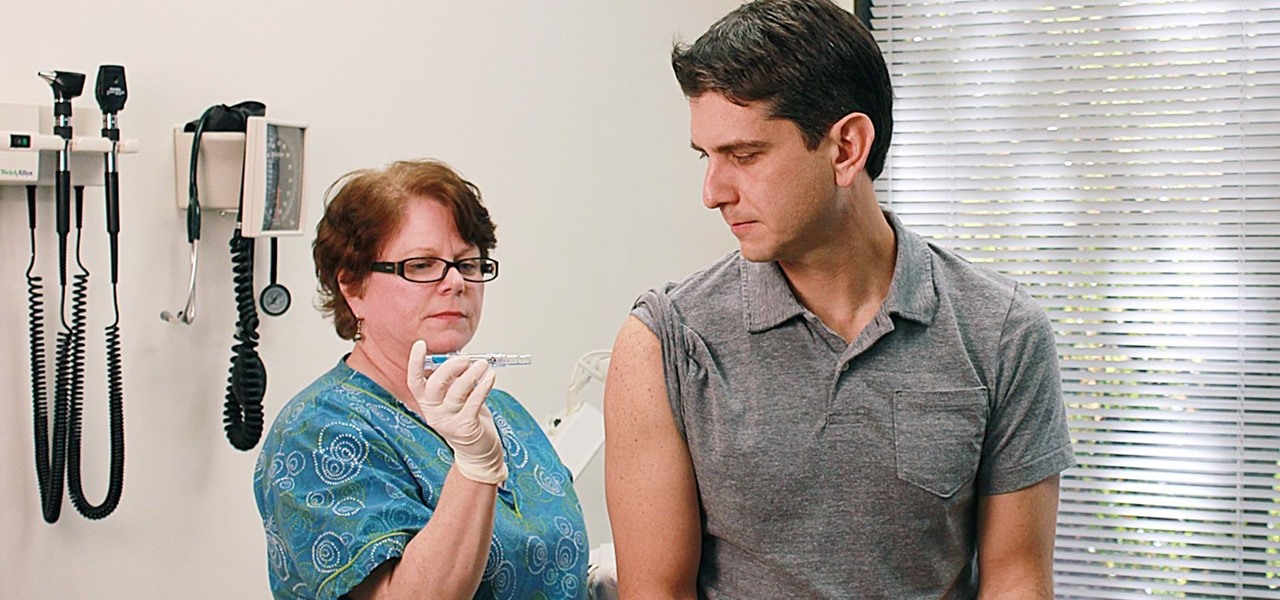
News: First Success in Long Search for Universal Flu Vaccine
Flu vaccines can help prevent us from getting or suffering the most severe effects of the flu. But, each vaccine only protects us from three different strains of the flu. If we don't have a vaccine against all types of flu, it leaves us open for an epidemic with a flu virus we didn't expect.

News: Bacteria-Based Fuel Cell Aims a One-Two Punch at Global Warming
About a third of the methane released into the environment comes from the production and transport of natural gas. The gas leaks as it moves along the transport chain from gas wellheads to market.
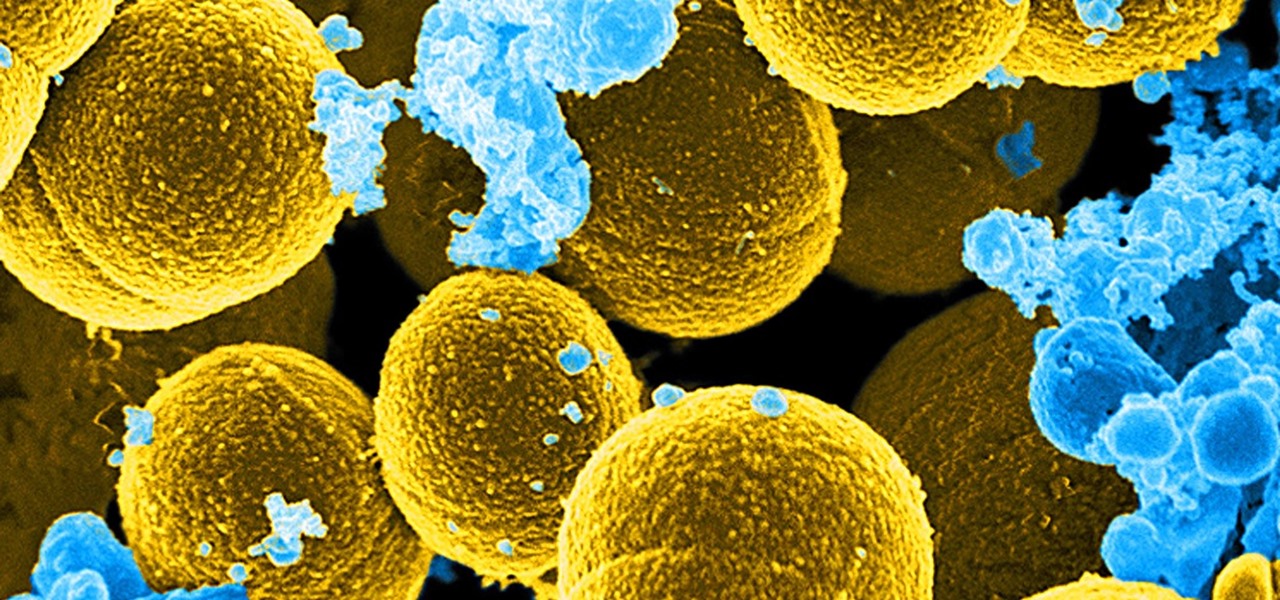
News: Mysteriously, a Huge Study Finds a Drop in Antibiotic Resistant (MRSA) Infections
For once there is good news — surprising news, but good news — in the fight against antibiotic-resistant organisms. A recent study found that Staphylococcus aureus bacteria is becoming more sensitive to some key drugs used to treat it.
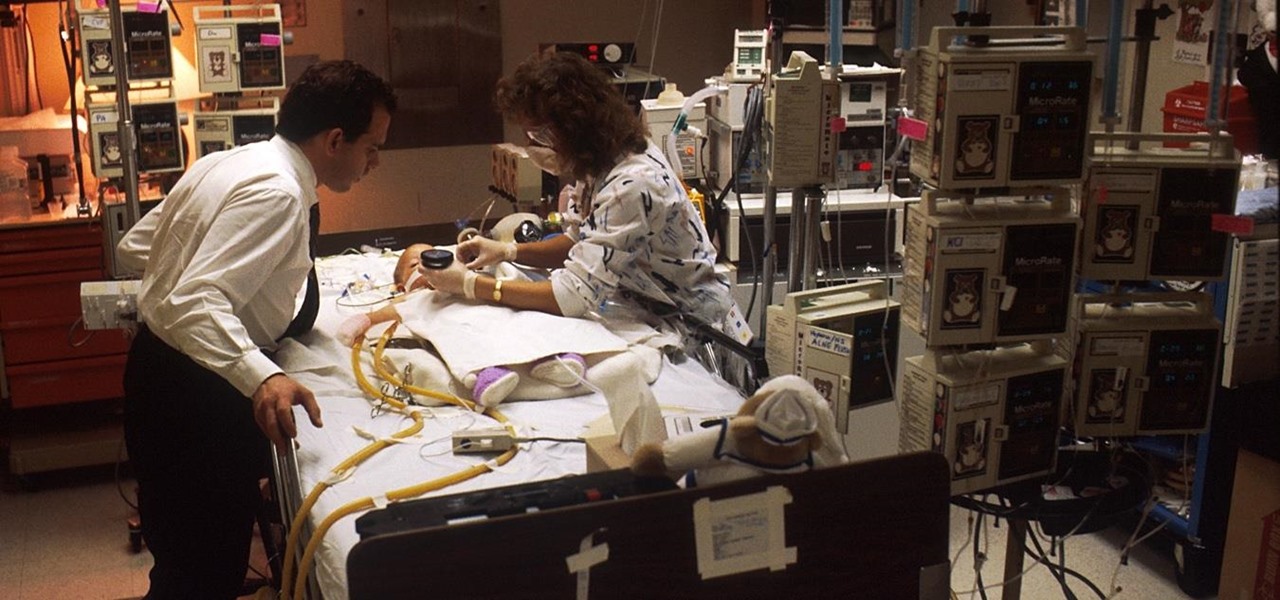
News: Every Hour Untreated Sepsis Survival Drops 4% — Here Are the Symptoms to Watch For
Twelve-year old Rory Staunton took a dive for a basketball during gym class and came up with a cut on his arm. The school nurse applied a couple of band-aids, without cleaning the cut, and off he went. In approximately three days, hospital physicians told his parents there was nothing else that they could do for their son; he was dead.

News: Beware Your Child's Sandbox — Dangerous Pathogens Could Be Playing There Too
For younger children, a day at the playground is not complete without some sandbox time. Long a favorite of children and parents, sandboxes could also be sheltering dangerous pathogens.
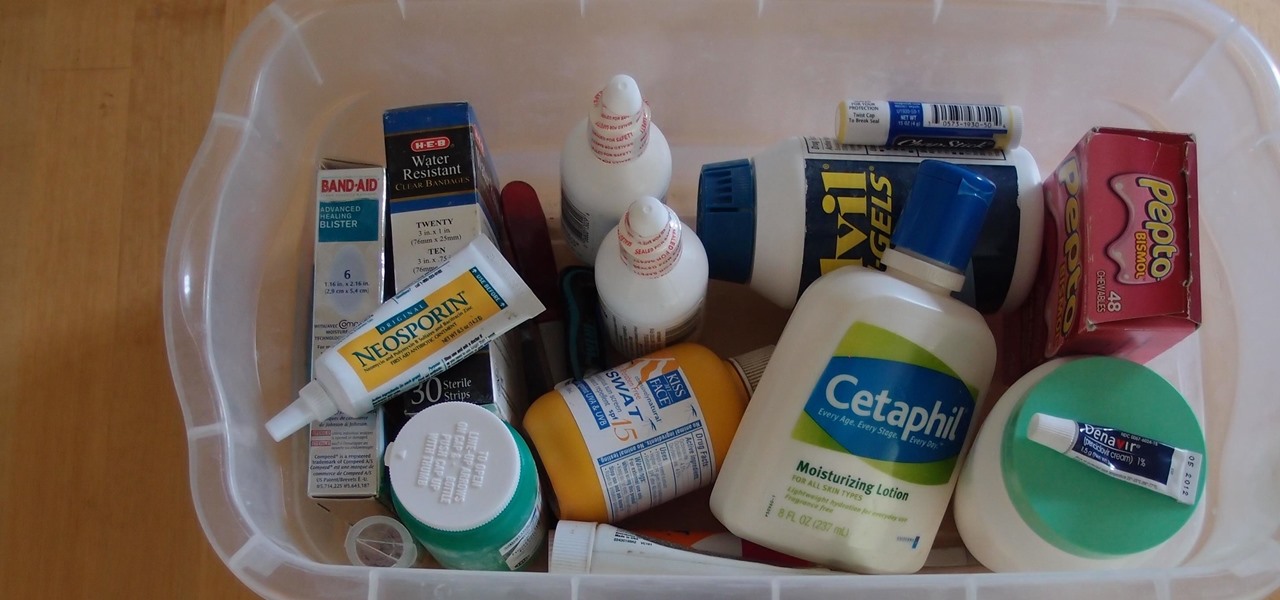
Put Down the Ointment: Topical Antibacterials Totally Disrupt Your Skin Microbiome
The next time you suffer a cut or abrasion, think twice before you reach for the Neosporin. It's time, and mom, tested — you get a cut, you wash it carefully, then apply some triple-threat antimicrobial ointment. You may or may not slap on a band-aid. We won't cover it here, but so that you know, covering the wound with a sterile dressing or band-aid is a good idea.
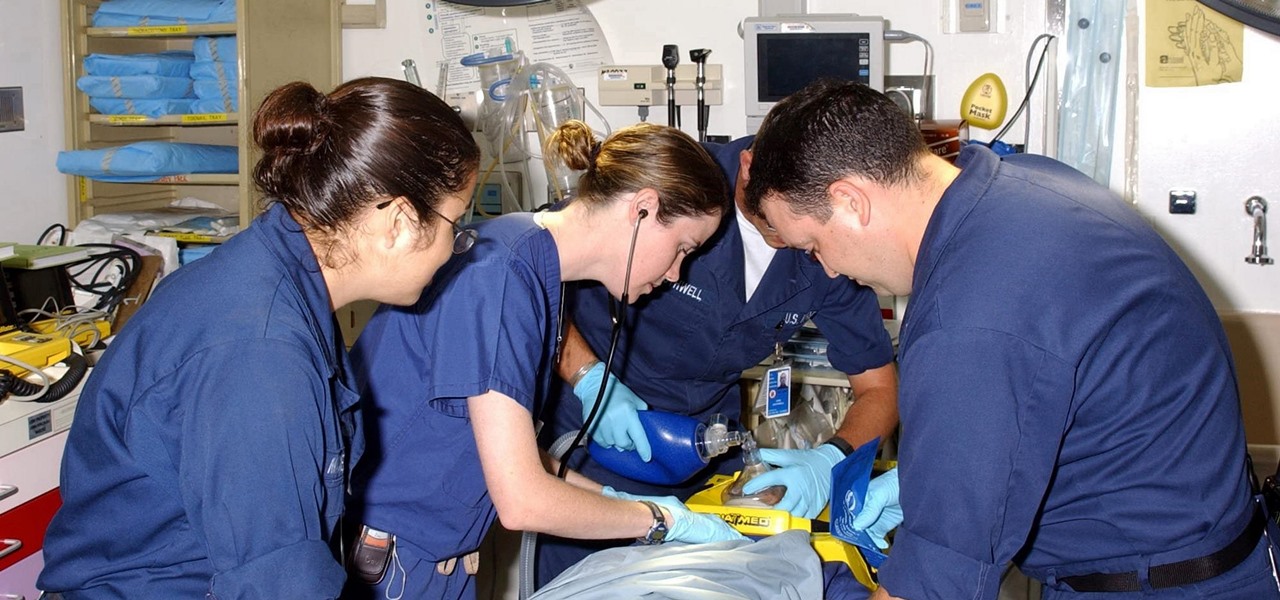
News: One Drop of Blood Could Save Your Life from Sepsis with New Test
With a death rate of one in five, sepsis is a fast-moving medical nightmare. New testing methods might improve your odds of survival if this infection ever hits you.
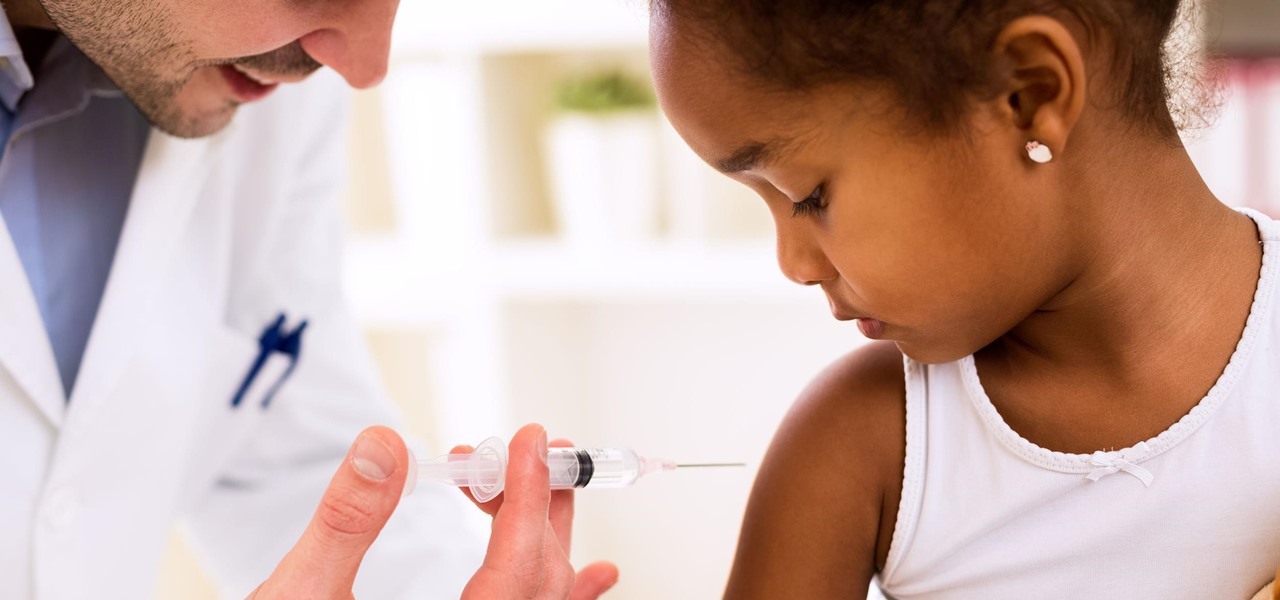
News: Four Months & 79 Patients Later, Minnesota Measles Outbreak Is Still a Menace
In late June, the biggest measles outbreak to strike Minnesota since 1990 seemed to be winding down. Today, public health officials announced a new confirmed measles case in the area.

News: Bacteria Turned into Factories, Supplying Critical Enzymes to Make Cancer Drugs Cheaper & Save Endangered Yew Trees
Cytochrome P450 (P450s) are proteins found in nearly all living organisms, which play roles that range from producing essential compounds and hormones to metabolizing drugs and toxins. We use some of the compounds synthesized by P450 in plants as medical treatments, but the slow growth and limited supply of these plants have put the drugs' availability in jeopardy and jacked up prices.

News: Vaccine Can Prevent Bad Cholesterol from Accumulating in Blood Vessels, Potentially Prevent Heart Attacks
Heart disease is the leading cause of death of men and women in the US. Over half a million Americans die from it annually. Atherosclerosis — a build up of plaque in the arteries — is a common feature of heart disease and can be caused by smoking, fats and cholesterol in the blood, diabetes, and high blood pressure.
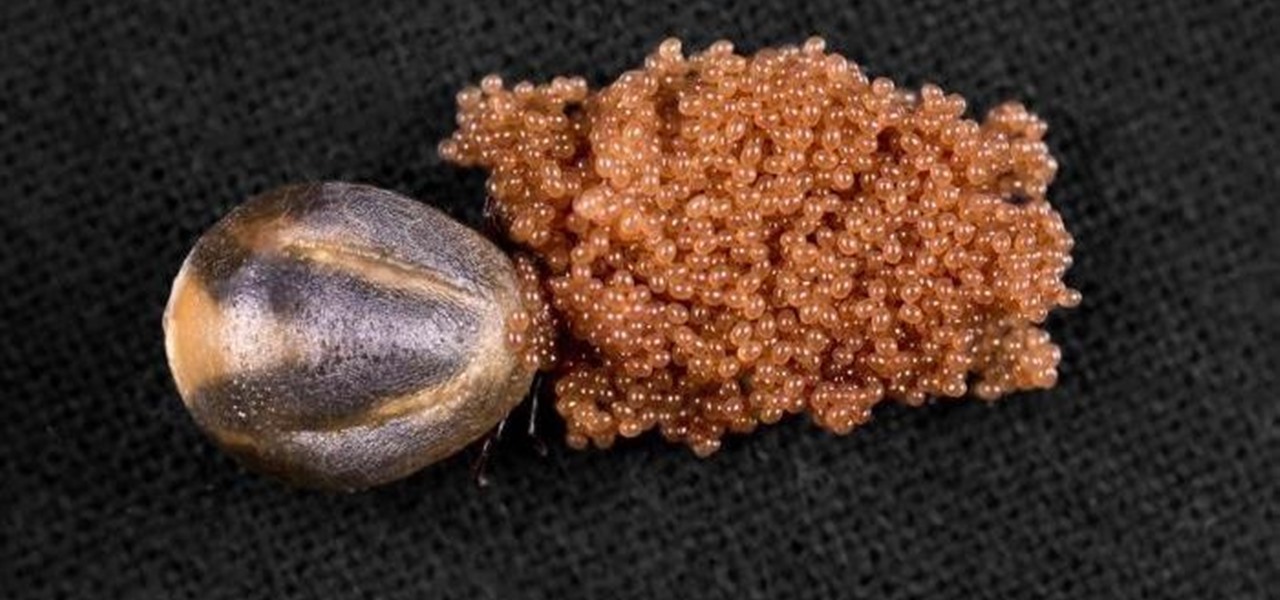
News: Powassan Virus Implicated in Recent NY State Death
A recent case of Powassan virus has been reported in Saratoga County and may have been the cause of the infected patient's death. It's the 24th case in New York State since 2000, and will be reported to the CDC tomorrow, the NY Department of Health told Invisiverse. The tick-borne illness has no vaccine or specific treatments and can damage the nervous system.

News: Strep Bacteria a Deadly Participant in Development of Colorectal Cancer
Colorectal cancer — cancer of the colon or rectum — is the third most commonly diagnosed cancer in the US. To reduce the chances of a diagnosis we are all urged to stop smoking, keep our weight down, decrease our intake of alcohol and red meat, keep active, and get screened for colon cancer. But, new research has found something that participates in the development of colorectal cancer that might not be as easy to control: A strep bacteria that promotes tumor growth.

News: 500,000 People Die Every Year from Infections Caught in Long-Term Care Facilities
Despite longer live spans, almost half a million people die of healthcare-associated infections (HAIs) each year, many of them preventable.
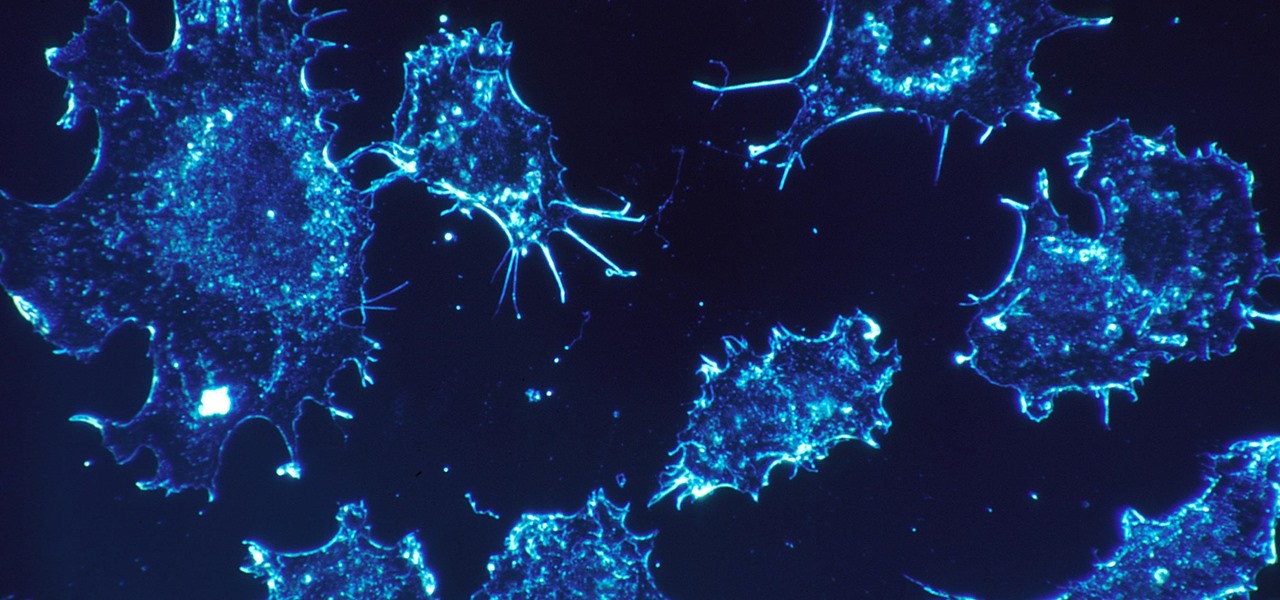
News: Dying Cells Do Tell Tales & What We Learn Can Help Us Stop Cancer from Spreading
As our cells age, they eventually mature and die. As they die, they alert nearby cells to grow and multiply to replace them. Using a special imaging process that combines video and microscopy, scientists have observed the cellular communication between dying and neighboring cells for the first time, and think they may be able to use their new-found information against cancer cells, whose damaged genomes let them escape the normal dying process.
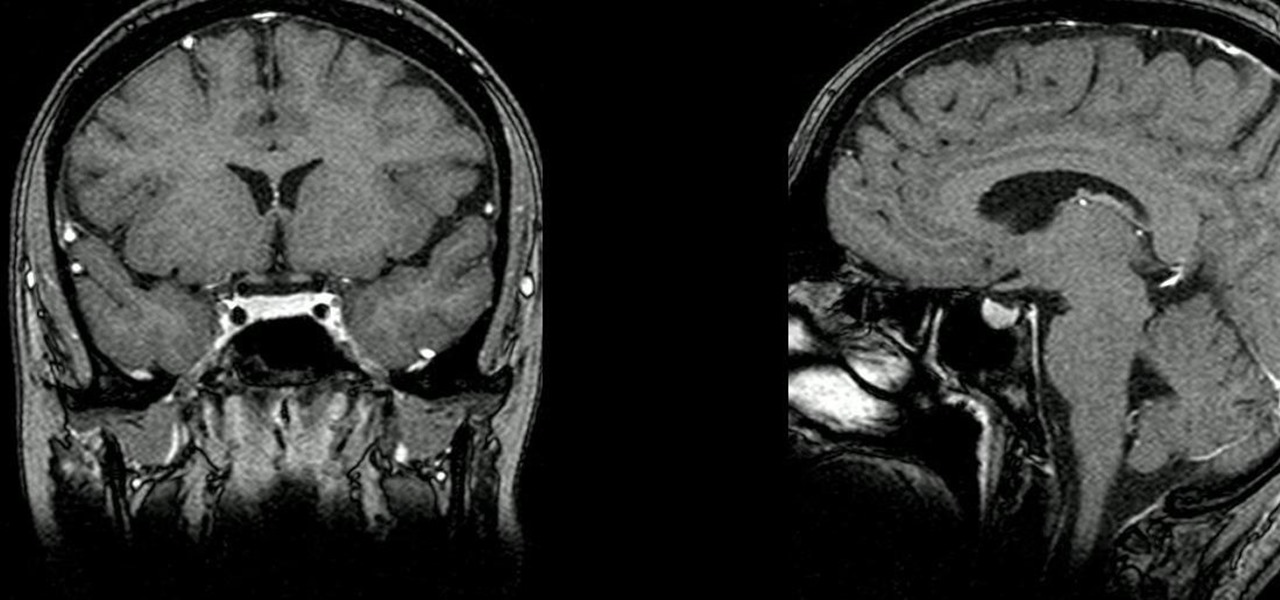
News: It's Not All in Your Mind — Gut Bacteria Could Be Influencing Your Emotions
The community of bacteria that lives in our gut has a lot to tell us. It can give clues to what we eat, the environment we live in, and diseases and disorders we may have. Now, scientists have linked these bacterial species to how we feel. A new research study found an association between women's gut bacteria and their emotions.

What You Need to Know: The Dangerous Impact of Herpes Simplex Virus (HSV) During Childbirth
The herpes simplex virus (HSV) can cause devastating complications for infected newborns whose mothers have genital herpes. Understanding risk and research can help you, and your baby, when the time comes.

News: First Effective Vaccine Against Gonorrhea Reduces Infection Rate by 31% — by Accident
Sex makes the world go 'round, and when it does, so does gonorrhea. Finally some good news on the growing menace of drug-resistant gonorrhea — a large, long-term study shows a vaccine may work in reducing the incidence of an increasingly dangerous infection.
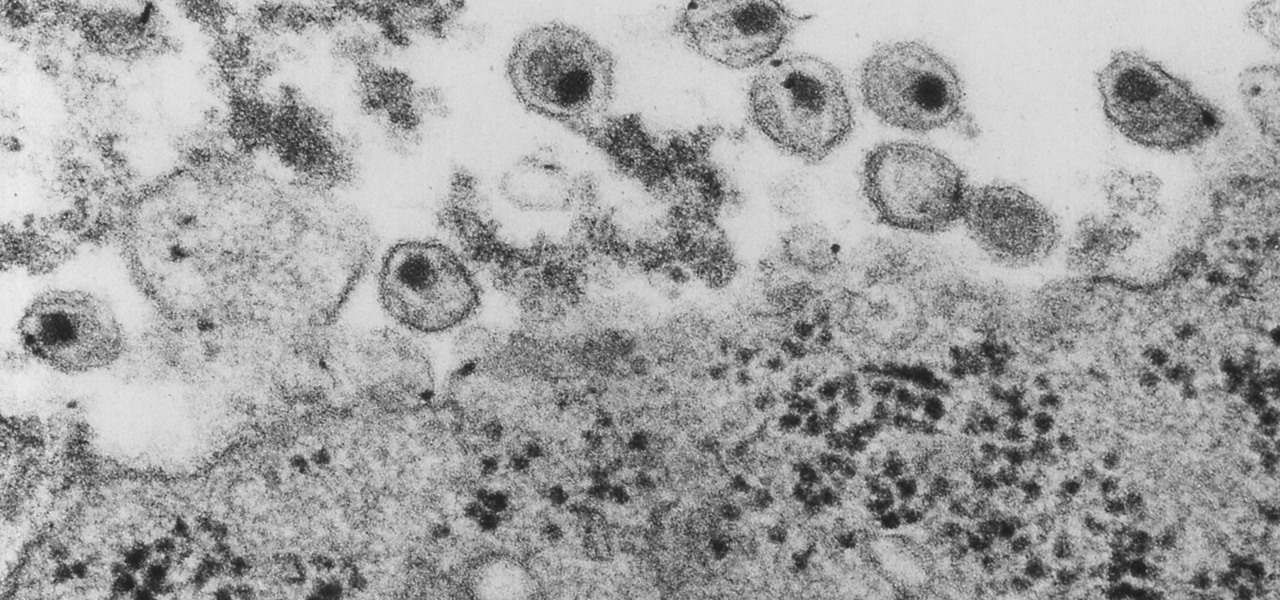
News: Turning Off the Immune System May Turn on Protection Against HIV
Even though HIV rates declined 18% between 2008 and 2014, 1.1 million people in the US are living with the infection. Part of that is because HIV is treatable, but not curable.

News: Melting Ice Sheets Are Releasing Toxins in Our Water — Bacteria Could Take Some of That Out of Play
Windborne microbes shifting in the snows of the great ice sheet of Greenland may be able to neutralize some of the industrial contaminants oozing out of the melting ice.
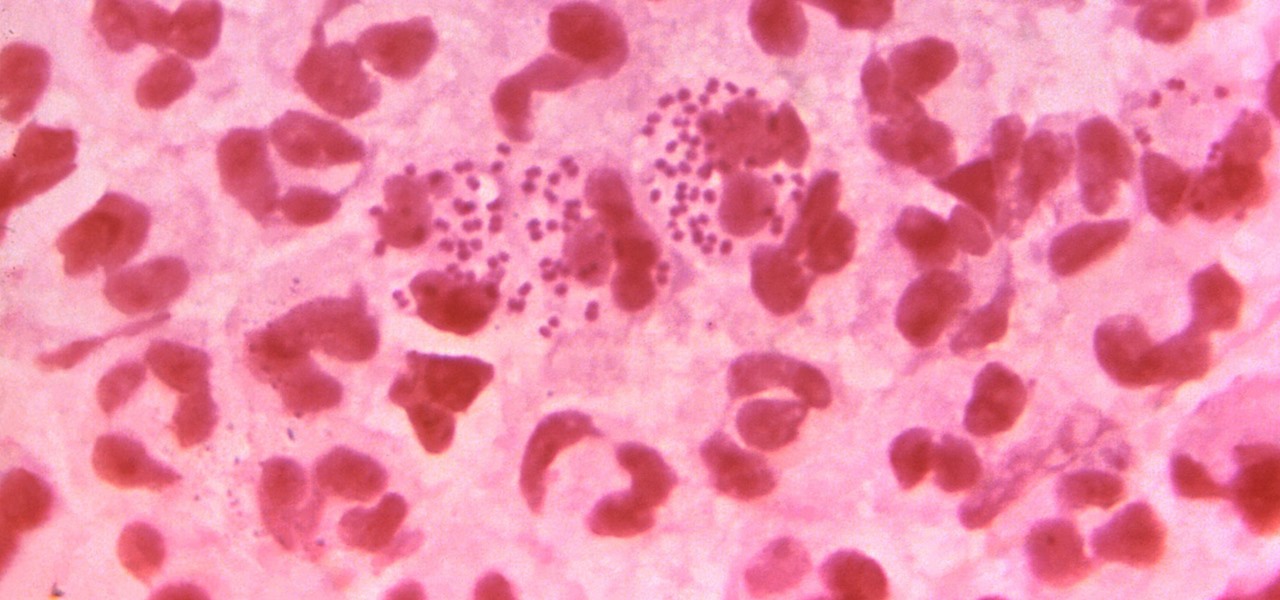
News: Untreatable 'Super Gonorrhea' Spreading Like Wildfire — Luckily, It May Have a New Opponent
In the race to outsmart "untreatable" antibiotic-resistant gonorrhea, one of the three new treatments on the track is about to enter Phase 3 clinical trials. Hopefully, it'll be widely accessible sooner rather than later, for the 78 million people who are diagnosed with gonorrhea each year.
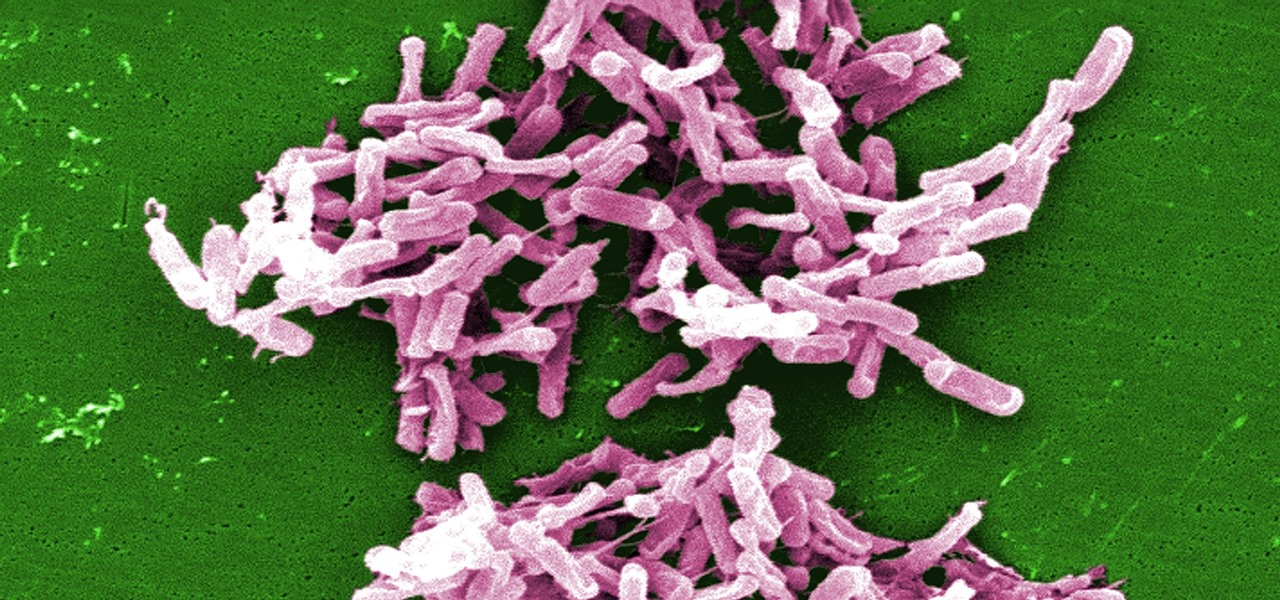
News: Rate of Dangerous Recurring Diarrhea Infection Skyrocketing by Almost 200%
Killing more than 29,000 people each year, infection with Clostridium difficile (C. diff or CDI) is the most common healthcare-associated infection in the US. In a disturbing development, new research reveals recurring cases of the infection are soaring.

News: Grindr Conversations Confront the Major Stigma Surrounding HIV in Recent Project
With significant advancements in the treatment and prevention of HIV, you'd think the stigma surrounding the deadly virus and AIDS, the syndrome the infection causes in the body, would have lessened. Unfortunately, a new project looking at conversations on Grindr — a social networking app for gay, bi, curious, and queer men — has shown that this stigma is very much present.
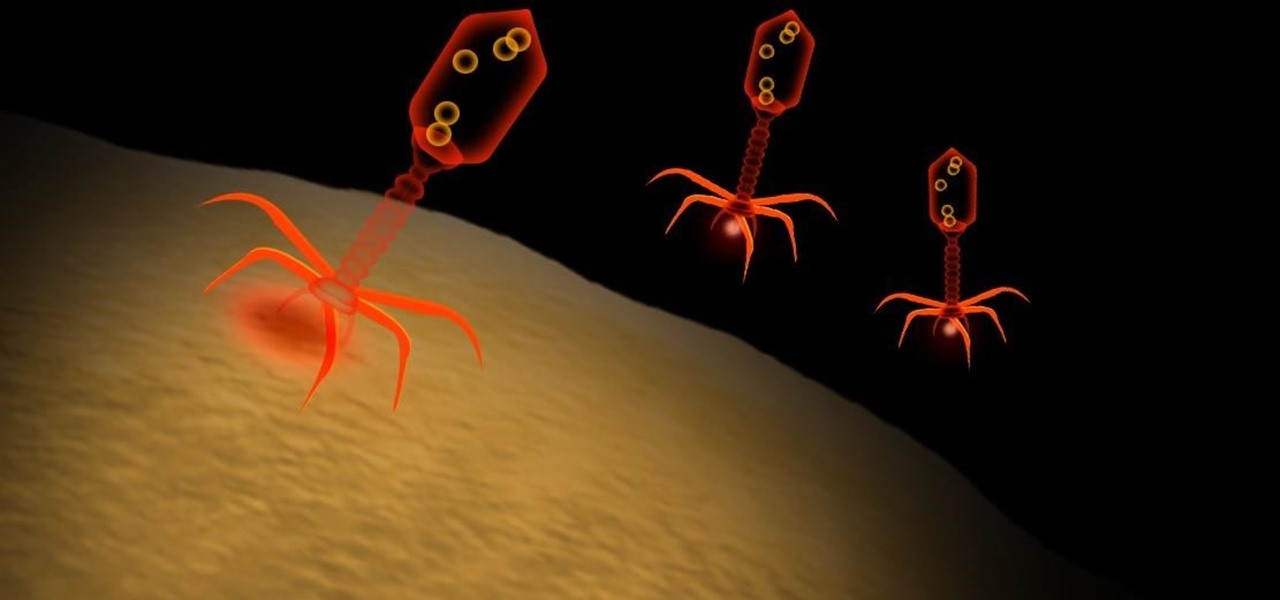
News: Intestinal Viruses Directly Associated with Development of Type 1 Diabetes
Type 1 diabetes is an attack on the body by the immune system — the body produces antibodies that attack insulin-secreting cells in the pancreas. Doctors often diagnose this type of diabetes in childhood and early adulthood. The trigger that causes the body to attack itself has been elusive; but many research studies have suggested viruses could be the root. The latest links that viruses that live in our intestines may yield clues as to which children might develop type 1 diabetes.
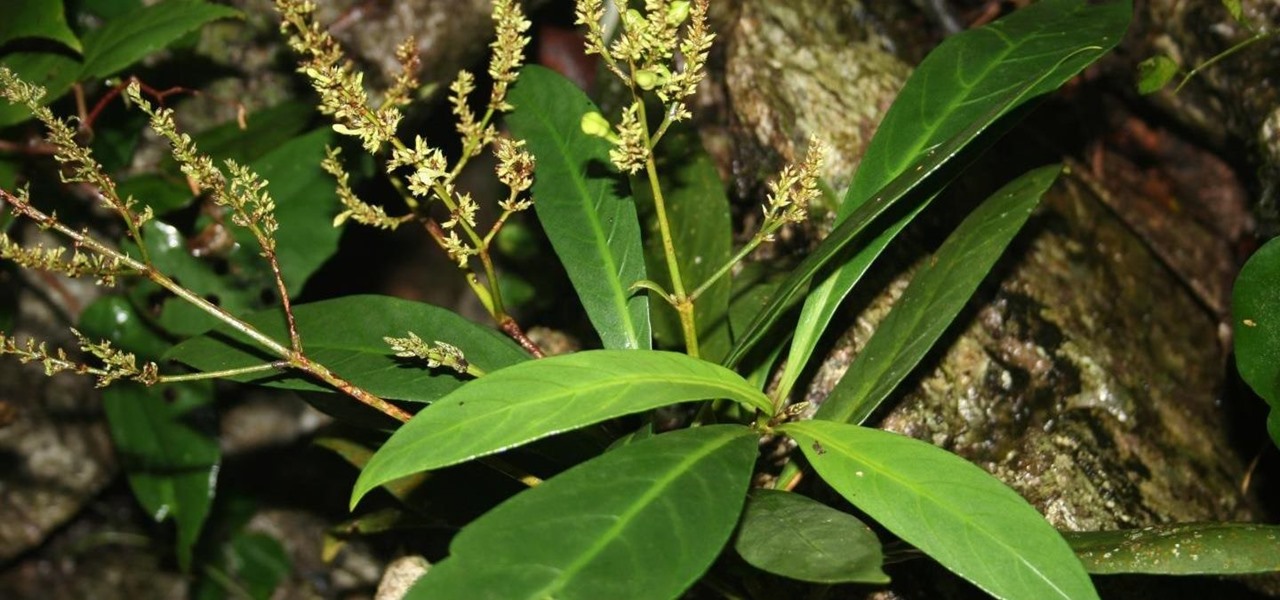
The Giving Plant: Same Asian Plant Used for Arthritis Treatment Gives Us Powerful HIV Drug
Natural remedies used through the ages abound, especially in Asian medicine. The willow-leaved justicia plant, found throughout Southeast Asia, has traditionally been used to treat arthritis, but scientists have just discovered it contains an anti-HIVcompound more potent than AZT. AZT was the first drug approved to treat HIV, and is still used in HIV combination therapy today.

News: Like Peaches? Protective Virus Could Save Millions of Dollars in Fruit from Fire Blight
Peach trees and other related plants are susceptible to the devastation caused by fire blight, a contagious bacterial disease. Once contracted, infected trees have to be burned to contain the disease and prevent spread to nearby trees. Increasing resistance to antibiotic treatment has sent scientists in search of alternative ways to deal with the bacteria and prevent its catastrophic damage.

Heart Patients Beware: More Than One-Third of Bypass Equipment Potentially Contaminated with Deadly Bacteria
More bad news for patients who have undergone heart surgery in the past five years. A new study suggests about one-third of heater-cooler units used in cardiac procedures remain contaminated with a slow-growing, potentially fatal bacteria.

News: Deadly or Deliberate? Diarrhea Is Actually Your Immune System in Overdrive
Montezuma's revenge, the runs, the trots, or just diarrhea — everyone gets it sooner or later. What exactly is diarrhea good for, if anything?

News: Undergrad Student Scientist Made Beer Good for You — and Your Gut Microbes — by Adding Probiotics
When Chan Mei Zhi Alcine chose her senior project, she thought outside the box by thinking inside the bottle. Along with a research team at her university, she found a way to combine health and enjoyment, while meeting a challenge not so definitively met before in alcoholic beverages. She and a research team at her university claim they've created the world's first probiotic sour beer.
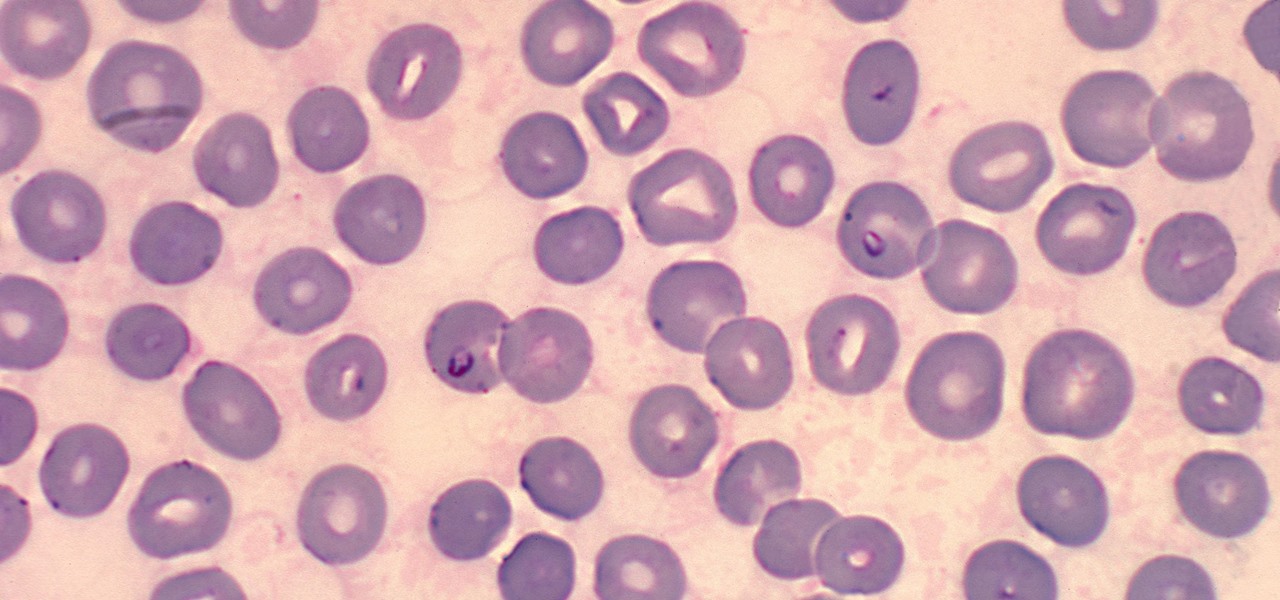
News: CDC Reports 2600% Increase in Tick-Borne Babesiosis Infections in Wisconsin in 12 Years
It is not just a bad summer for ticks — it has been a bad decade for the spread of tick-borne infections. New surveillance from the CDC reports rapid expansion and increase in cases of babesiosis, a sometimes life-threatening disease, in Wisconsin.

News: Chemical Cocktail on Mars Makes Microbial Life There Unlikely
A new study casts real suspicion on the possibility of life on Mars. Why? It seems the surface of the planet may be downright uninhabitable for microbial life as we know it.

News: Climate Change Might Stir Up Dangerous Dust Microbiome
Just like your gastrointestinal tract, and the soil we walk on — a dust storm has a collection of bacteria, fungi, and viruses all its own called a "dust microbiome."

News: Sleeping with the Fishes — Decay in Wastewater Damages Aquatic Life
Everything from disposed of drugs to hormones and disease-causing bacteria — anything that is rinsed or flushed down the drain — can contaminate wastewater.
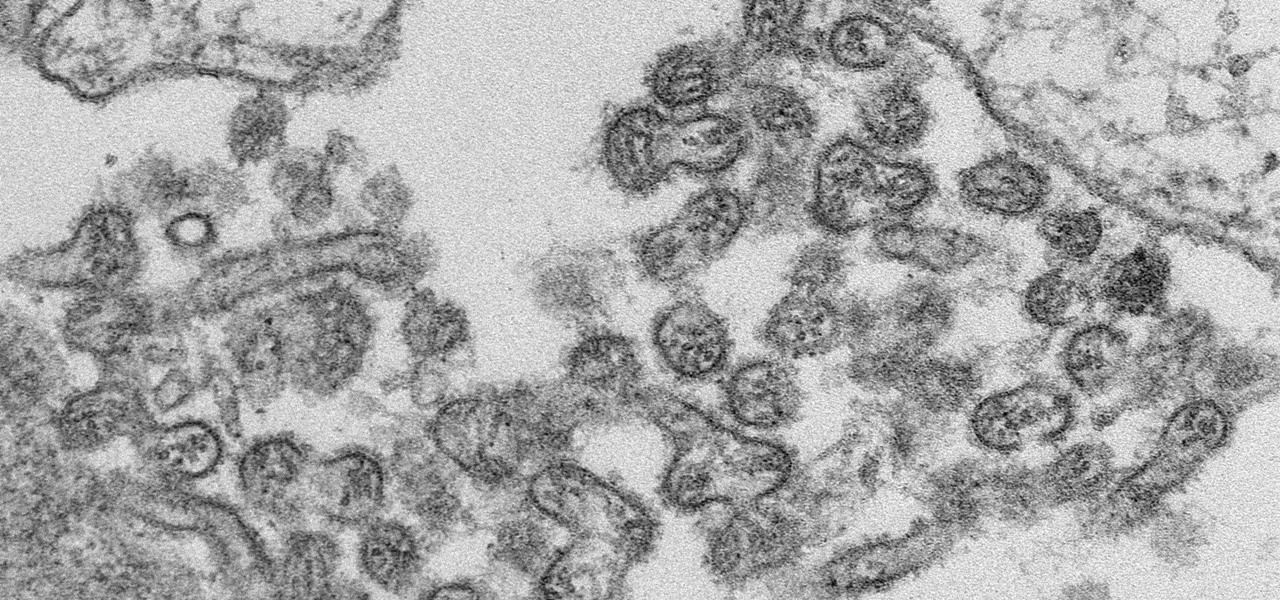
News: New Case of Mysterious Bourbon Virus in Missouri
A new case of the still-mysterious Bourbon virus was confirmed in Missouri, likely originating within the state, local authorities said in a June 30 press release.

News: What to Do if You Think Your Child Has Lyme Disease
Primarily caused by the bacteria Borrelia burgdorferi, Lyme disease is the most common tickborne disease in the US. By all predictions, 2017 is expected to be a banner tick year in several regions. If you have children, it is important to know what to expect.

News: What Microbes May Be Living in the Oceans of Europa & Enceladus
Earlier this year, NASA reported on findings that might point to water, and microbial life, on moons orbiting Jupiter and Saturn. Named Europa and Enceladus, those moons contain large oceans under their icy surfaces, which many speculate could hold microbial life.
